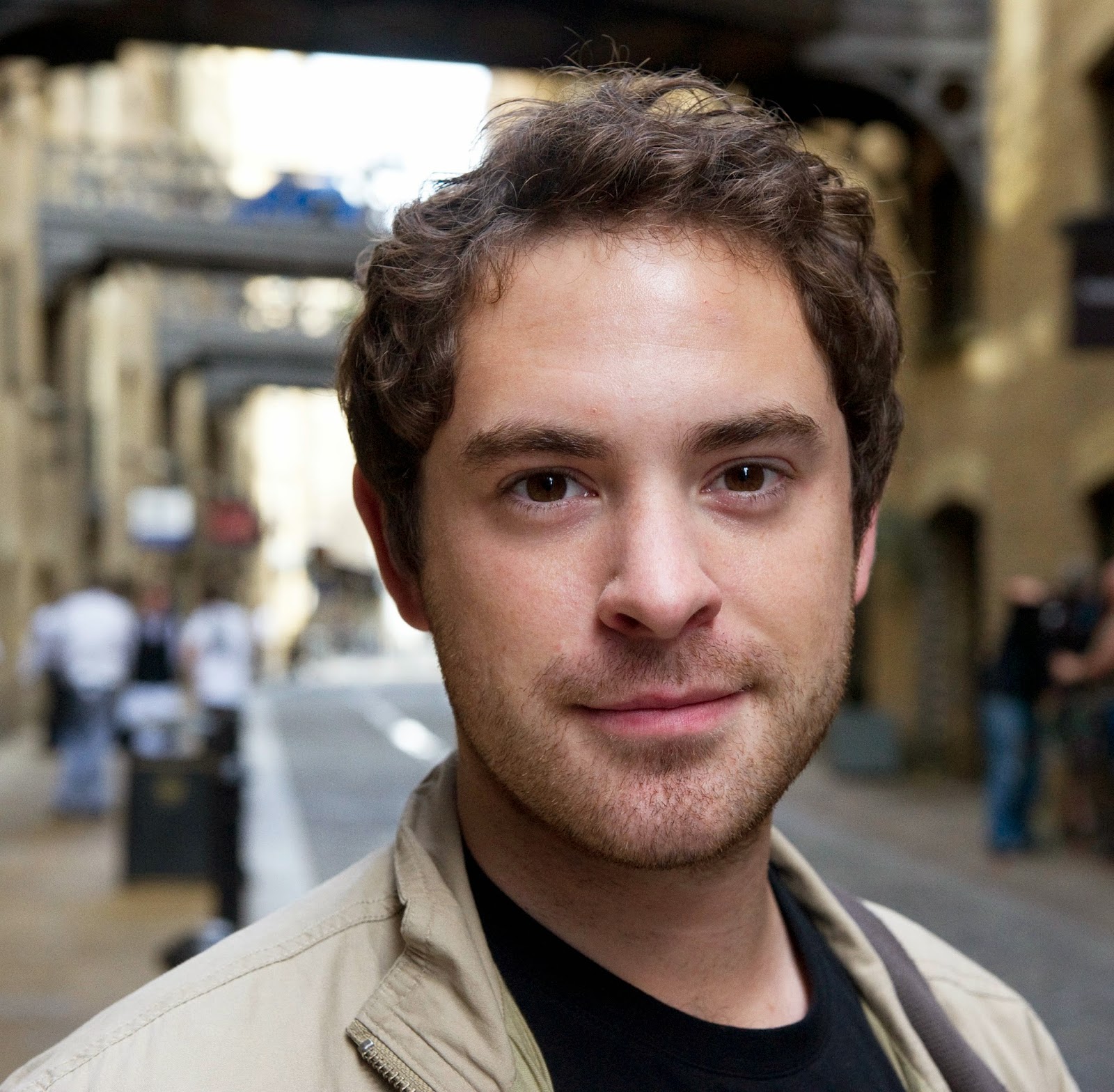A review of The Future of the Mind: The Scientific Quest to Understand Enhance, and Empower the Mind

The Future of the Mind , authored by physicist Dr. Michio Kaku , explores how neuroscience might inform questions that philosophers have been debating for centuries: Do we have a soul? What happens after we die? Do we even have to die? And what would it take to produce a robot with human consciousness or emotions? To explore these questions, Dr. Kaku interviewed hundreds of scientists who are actively conducting ground breaking work in labs around the world, and from these conversations he made predictions on how these scientific findings would shape our future. The work that Dr. Kaku discusses, such as the latest advances in brain-computer-interfaces (BCI) for the disabled , 1 recording dream images with MRI machines , 2 or implanting memories in mice , 3,4 makes for a fascinating and engrossing read from start to finish. The Future of the Mind is at its best when taking readers through these areas of research and explaining the long-term significance, however many of the neurophi...
